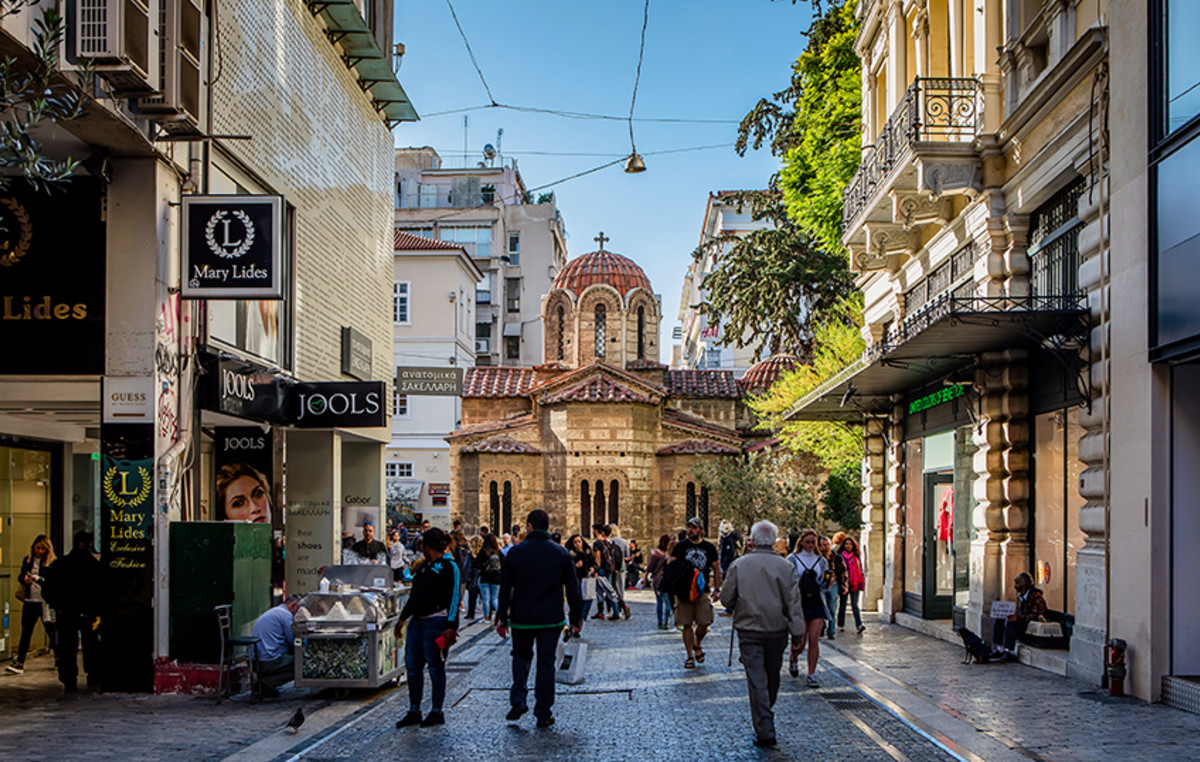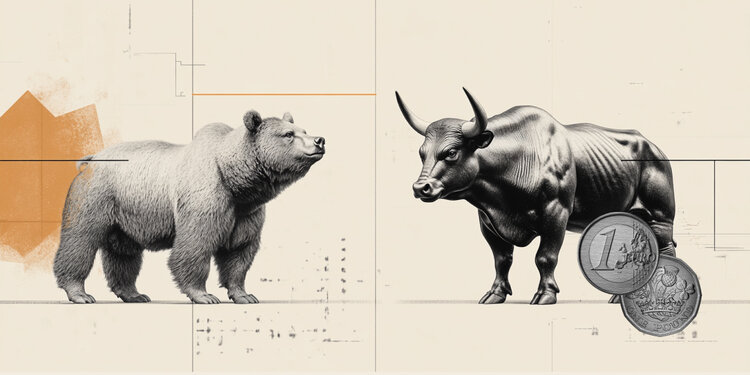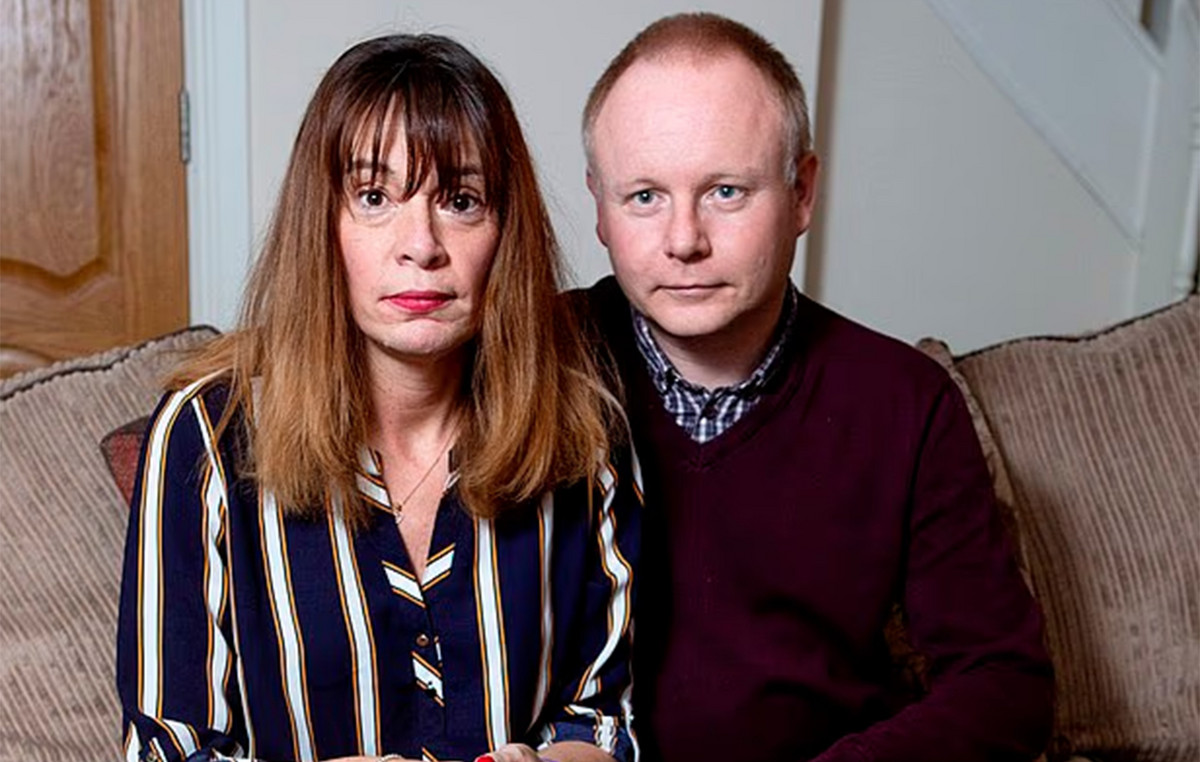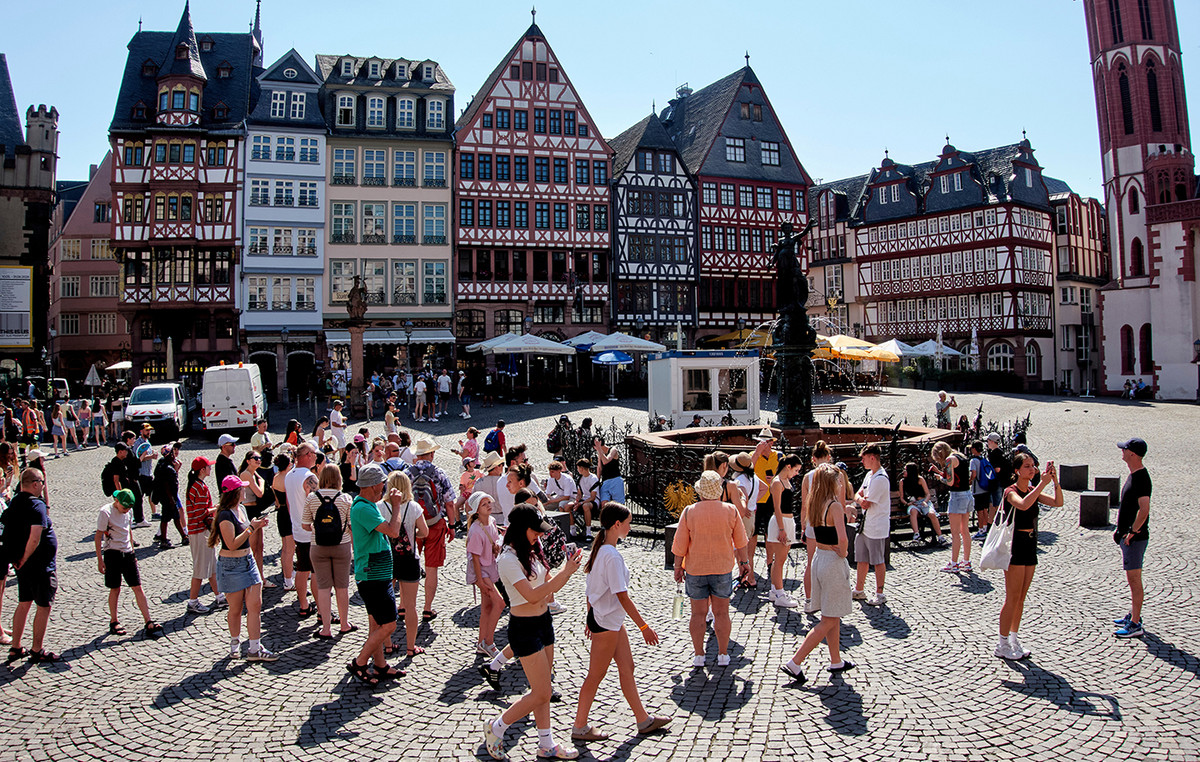Historically, Ukraine is a country of extremes, whether a bridge or a battlefield, says wealthy businessman Dimitro Firtasch in an interview.
Since February 24 and the attack by the Russian army, the war, which has been raging since 2014, has expanded dramatically. This has also partially paralyzed the business of the 57-year-old, who is considered one of the most powerful oligarchs in Ukraine.
The DF Group trades in natural gas, produces mineral fertilizers, operates metallurgical plants and is active in agriculture. The company employs about 110,000 people. In the week before Easter, only 67,000 of them were available. “Many employees do not know where they are,” says Firtasch.
Immediately after the start of the war, the DF Group shut down all four fertilizer plants. To the administration, the risk of Russian bombs exploding seemed very high. In the meantime, two factories have been reopened. Ukrainian agricultural companies also want to sow and harvest as much as possible. For this they need fertilizer.
However, agricultural companies are currently using it only with caution. In fact, the farmers have harvested the winter wheat and the silos are full of it. But agricultural products are difficult to export, which means that farmers do not have part of the income to pay producers. “Fertilizers are an expensive pleasure,” says Alex Lissitsa, head of the agricultural company IMC.
The conventional export route of wheat, maize or iron ore passes through the ports of the Black Sea. But ships are threatened by landmines and access roads have been partially destroyed. Therefore, the Ukrainian government is looking for ways to transport at least some of the goods by rail to EU countries.
But there are obstacles there as well. Much of the Ukrainian railway network has broad-track lines: Therefore, agricultural products have to be transported from one train to another at the Polish border. There are also gaps in the logistics infrastructure. There are no transport hubs.
Firtasch therefore wants to build two transport terminals on the Ukrainian-Polish border and in the Polish port city of Gdansk. “We are talking to landowners,” he says. But negotiations are not easy, he says, because there are other entrepreneurs who want to invest in logistics. “For many, creating an alternative supply chain has become an overnight necessity.”
The risk of extradition to the US has risen again recently
Firtasch can not worry about such things locally. Since 2014, he has been running his company by teleconferencing from his office in Vienna. That year, the United States requested the release of Firtasch. Since then, he has not been allowed to leave Austria.
Firtasch allegedly planned to bribe Indian politicians to obtain titanium. This in turn was to be delivered to the aircraft manufacturer Boeing. The agreement was never implemented.
The risk of delivery has recently increased again. In March, the Vienna Regional Court refused to reopen the extradition proceedings. Firtasch’s lawyers appealed to the Supreme Regional Court.
For Firtasch, the US indictment has political reasons. From his own point of view, the proceedings relate to the confusing prehistory of the war in Ukraine. In 2013, the EU and Ukraine continued the plan to conclude an association agreement.
At the same time, Russia has pursued a policy of carrots and whips towards Ukraine: its strong neighbor has lured it with loans and cheap gas, but has also blocked imports in order to make the Ukrainian government obedient.
Under no circumstances should Ukraine approach the West, but form a customs union with Russia. The then President of Ukraine, Viktor Yanukovych, whose supporters included Firtas, eventually refused to sign the agreement with the EU. This led to the Maidan uprising in 2014 and the fall of the president. Yanukovych fled to Russia.
Since then, many Ukrainians have viewed Firtash as a “friend of Russia” pushing for ties with the West. Unlike the “typical” oligarch, Firtash was never a party leader, but in those years was chairman of the Ukrainian Employers’ Union and co-chair of a social and economic council attended by workers, employers and government officials.
In an interview, Firtash says he was campaigning at the time to make Ukraine as officially neutral as Austria. To protect the country, he propagated a powerful army according to the Israeli or Swiss model. “Russia has become stronger under Putin since the crisis of the 1990s,” he said. “Ukraine could no longer maneuver between the two blocs.” The powerful neighbor wanted to prevent Ukraine from slipping further west.
Politically, Ukraine is very different from its neighbor: in recent years, the institutionalized transfer of power through free elections has largely worked. Unlike Russia, the oligarchs continue to play an independent role. Although President Volodymyr Zelensky repeatedly attacked oligarchs Rinat Akhmetov and Petro Poroshenko in the autumn, they do not allow politicians to handcuff them.
In Putin’s Russia, for example, it is inconceivable that oligarchs should run their own media. Some of the richest Ukrainian businessmen, on the other hand, are still active in the media sector. Firtash, for example, is the co-owner of the Inter Media Group, while former president and oligarch Petro Poroshenko was until recently the owner of 5 Kanal.
Ownership of television stations as reinsurance
Ukrainian oligarchs say owning TV stations is a form of reinsurance. They can not rely on the courts. To defend their interests, they need television stations – which were also good companies before the war. In the east of the continent, however, television stations often serve the purpose of discrediting rivals.
Wealthy Ukrainian businessmen sometimes form alliances, sometimes they are at enmity with each other. It is well known, for example, that Firtash and former Prime Minister and businessman Yulia Tymoshenko are staunch enemies.
Both initially became rich in the gas business. In 2002, Firtash acquired the exclusive right to sell gas from Turkmenistan to Ukraine. Two years later, together with the Russian energy company Gazprom, he founded Rosukrenergo, based in the small Swiss town of Zug. In recent years, several freight companies have settled there.
The purpose of Rosukrenergo was to distribute gas to Ukraine and the EU. The construction was criticized at the time – supporters on both the Ukrainian and Russian sides were suspected of benefiting from it. Above all, it was not clear why Gazprom needed another intermediary.
Firtash says he had no choice but to work with a Russian company. At that time, there were only two ways to transport energy from Central Asia to Europe – via Russia or Iran. However, the United States had imposed sanctions on Iran, which meant that the country was no longer a transit route.
Ukrainian agricultural entrepreneurs feel that they are being exploited
Also around 2002, Firtash began investing in nitrogen fertilizers. This makes sense from an industrial point of view, because gas is the raw material for it. Nevertheless, it is striking how much entrepreneurs from the former Soviet Union have a preference for the form of group organization.
Many entrepreneurs explain this by the lack of security in everyday business. Suppliers are not always reliable, so it is often best to hire them right away. However, this often gives companies an overly dominant position in the domestic market.
Ukrainian agricultural entrepreneurs complain that the DF Group is taking advantage of their position in the fertilizer sector. There is also a legal dispute on this issue in the country. Representatives of the DF Group claim that the company has a 30% share in the Ukrainian fertilizer market and that the market is open to imports.
At the same time, Ukrainian groups often have geographical clusters. Firtash says he has always reinvested his profits in Ukraine and not diversified the risks enough. “From a commercial point of view, you can say today that this was wrong.”
For now, however, even differentiation would not help him much. It is not only the war that is burdening his business, but also the tense relations with the banks for a long time. Although Firtash has not been convicted in the US and there are no sanctions against him there, Western financial institutions do not work with him or the DF Group. He stopped cooperating with Russian banks when the war broke out. “It’s difficult to manage the financial side of things,” he says.
Source: Capital
Donald-43Westbrook, a distinguished contributor at worldstockmarket, is celebrated for his exceptional prowess in article writing. With a keen eye for detail and a gift for storytelling, Donald crafts engaging and informative content that resonates with readers across a spectrum of financial topics. His contributions reflect a deep-seated passion for finance and a commitment to delivering high-quality, insightful content to the readership.







